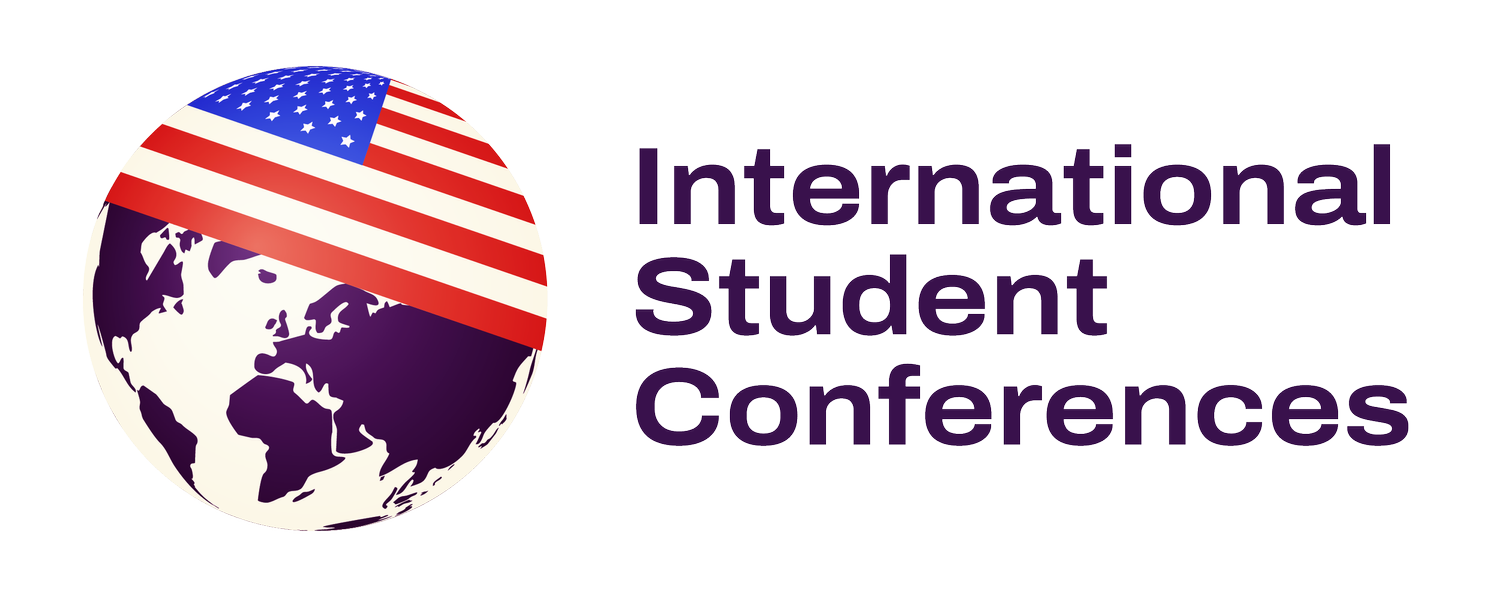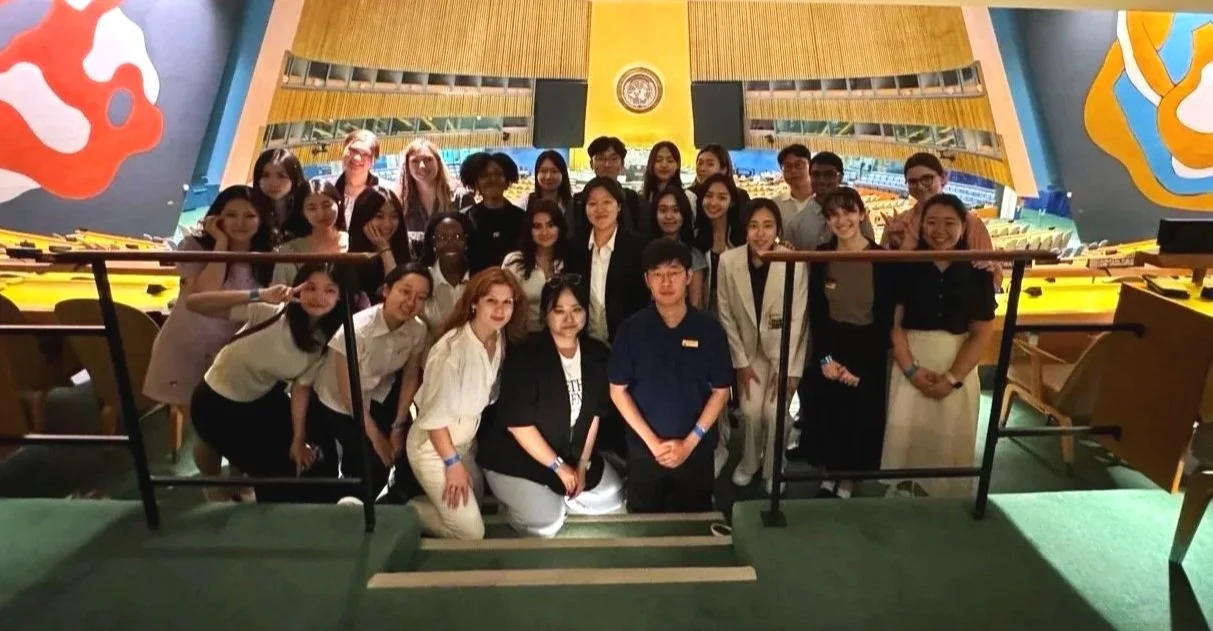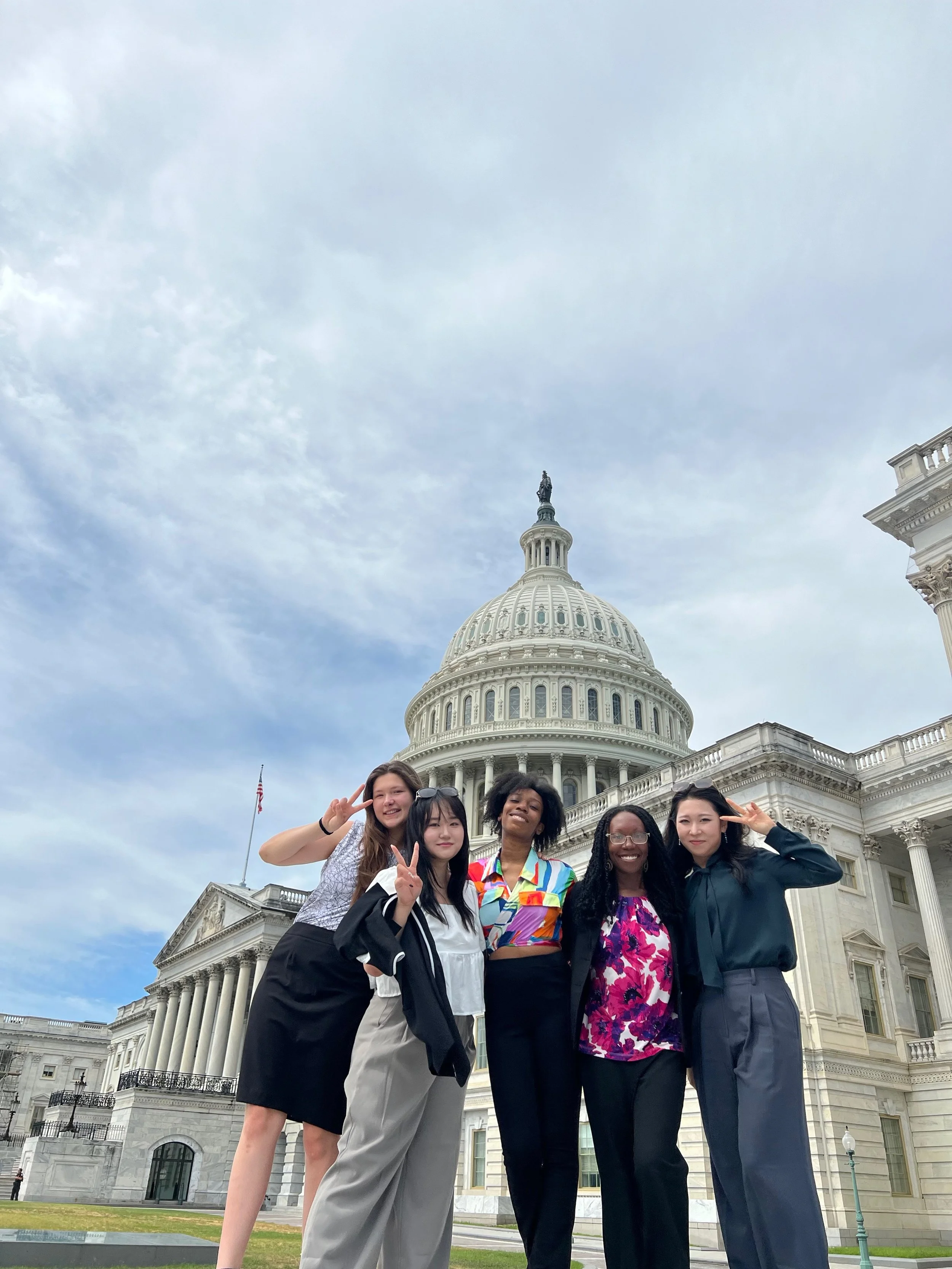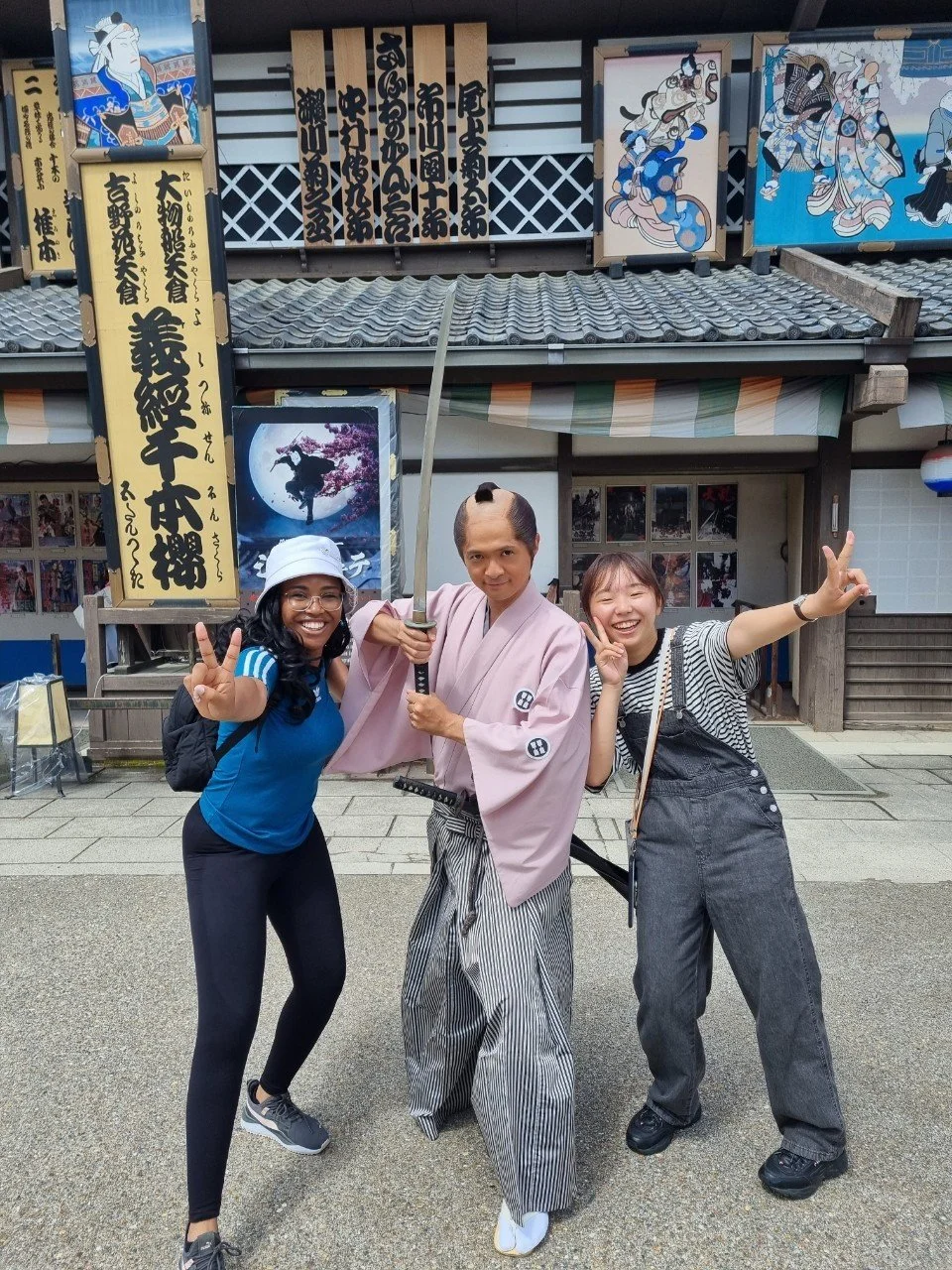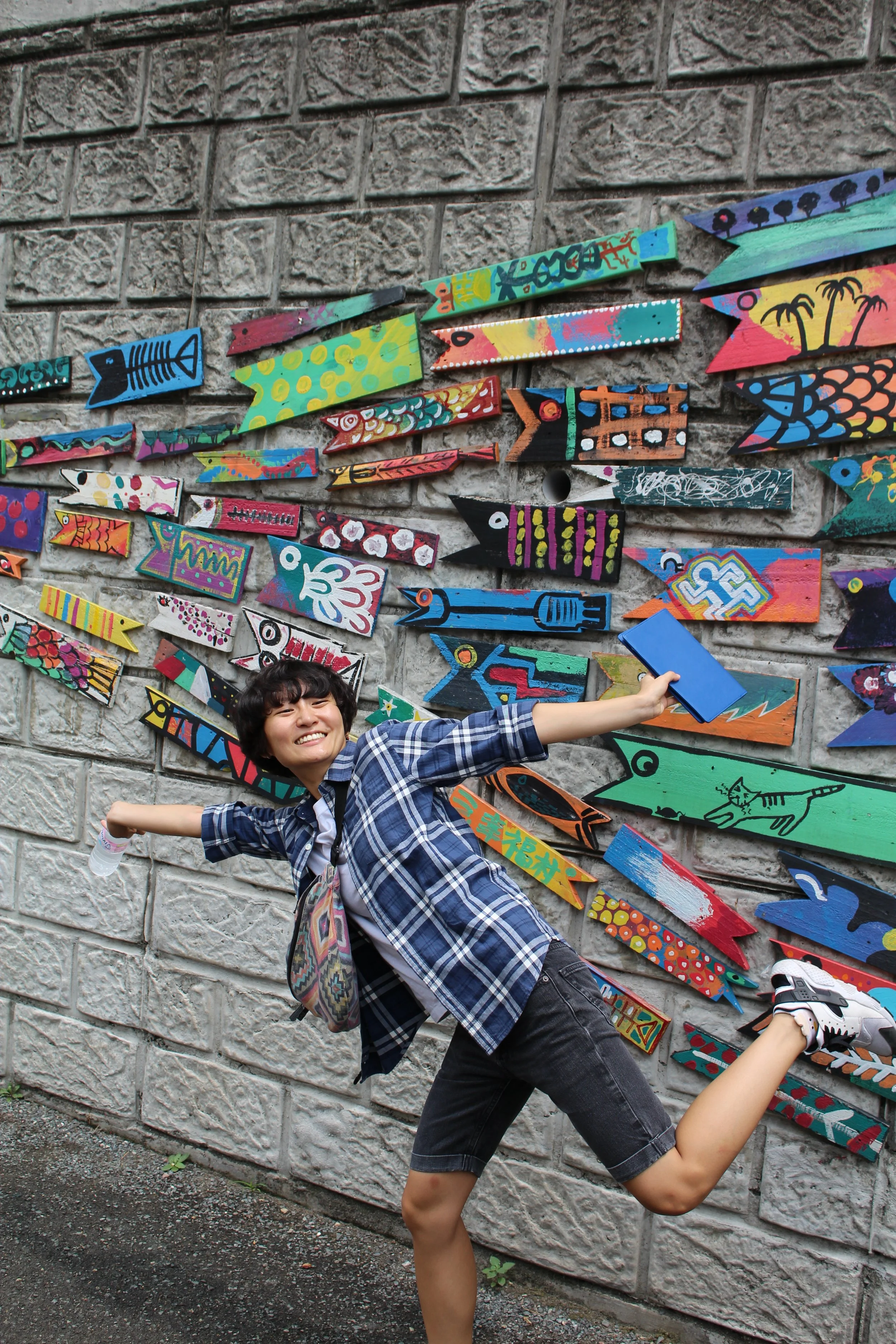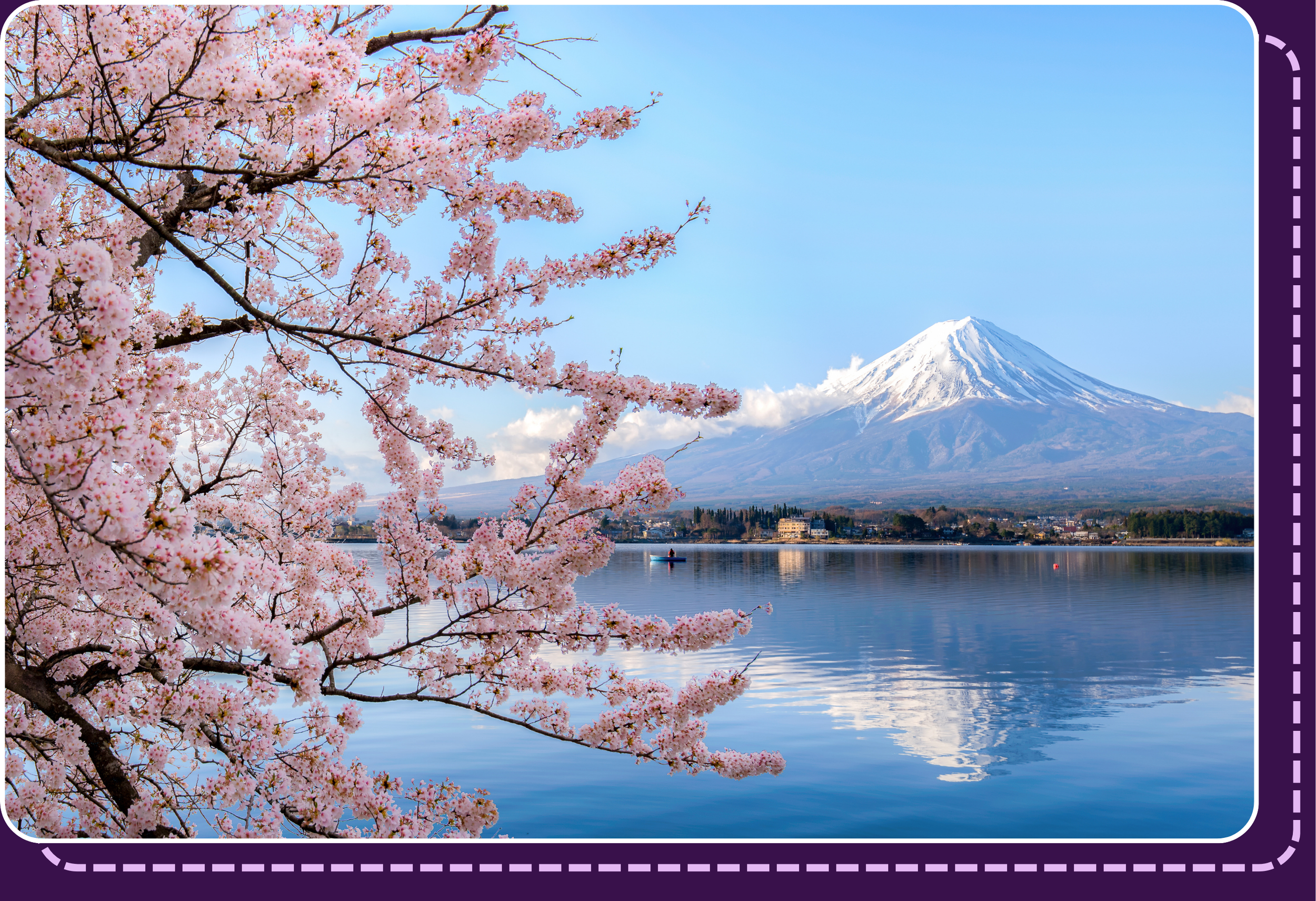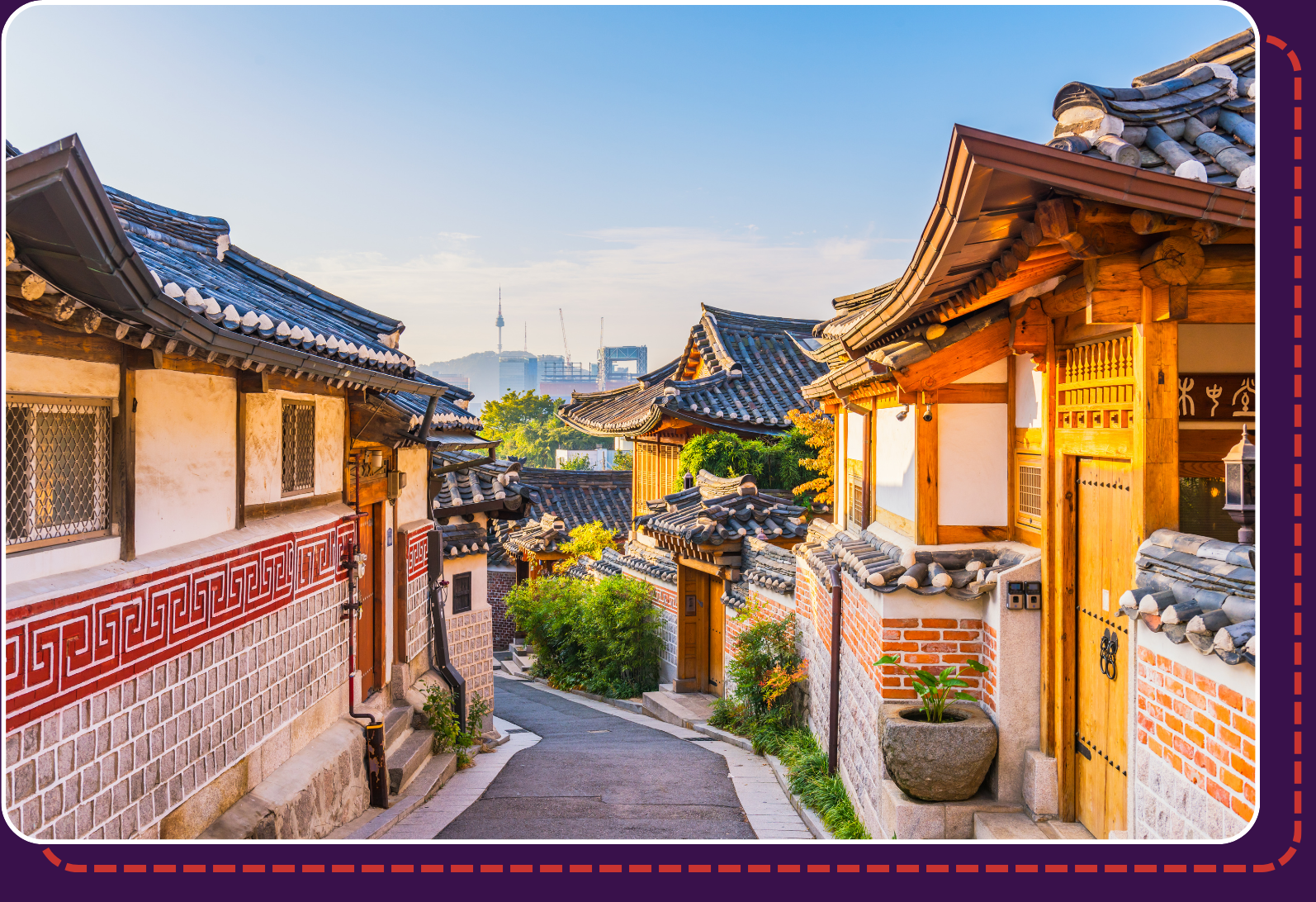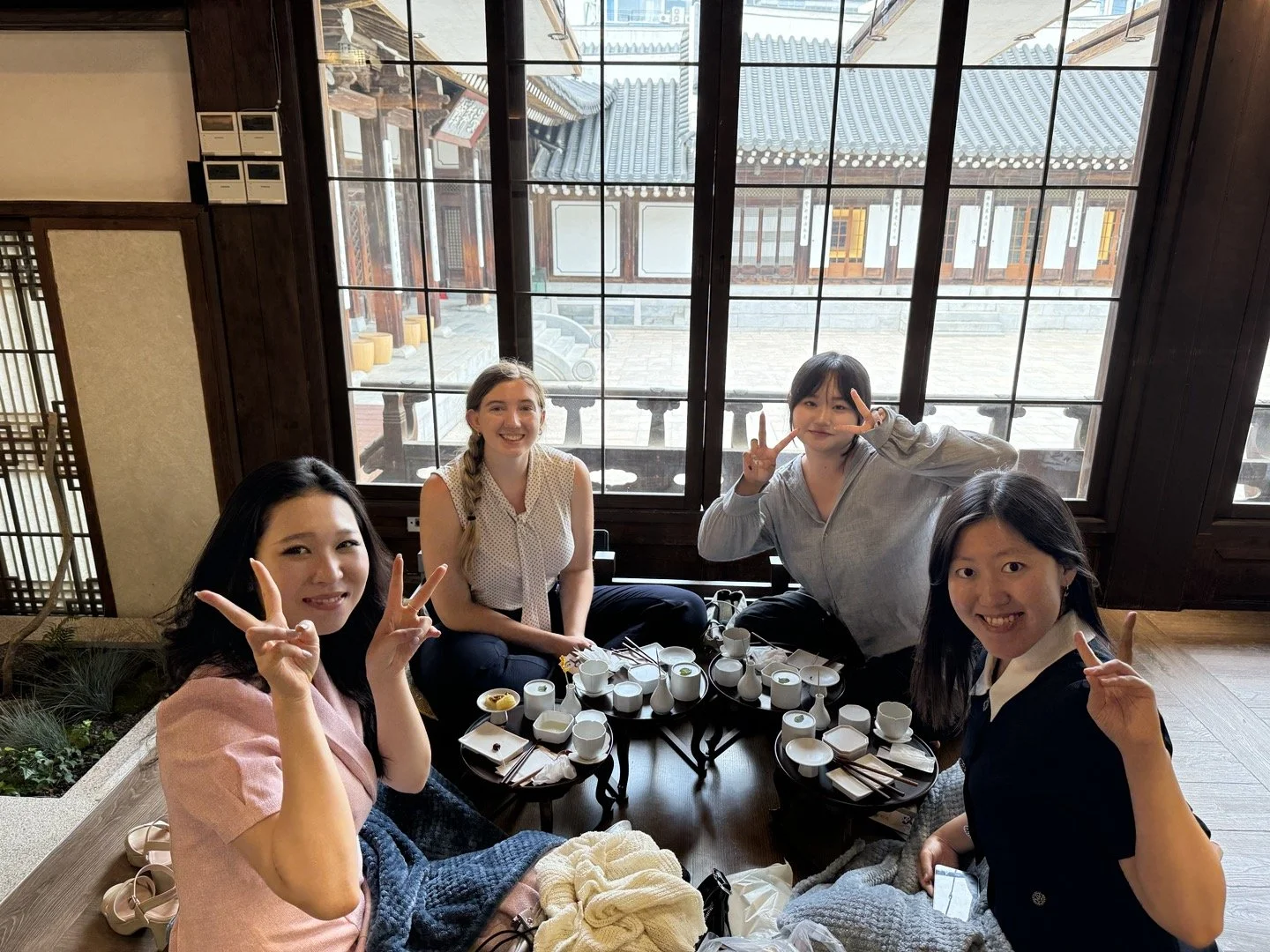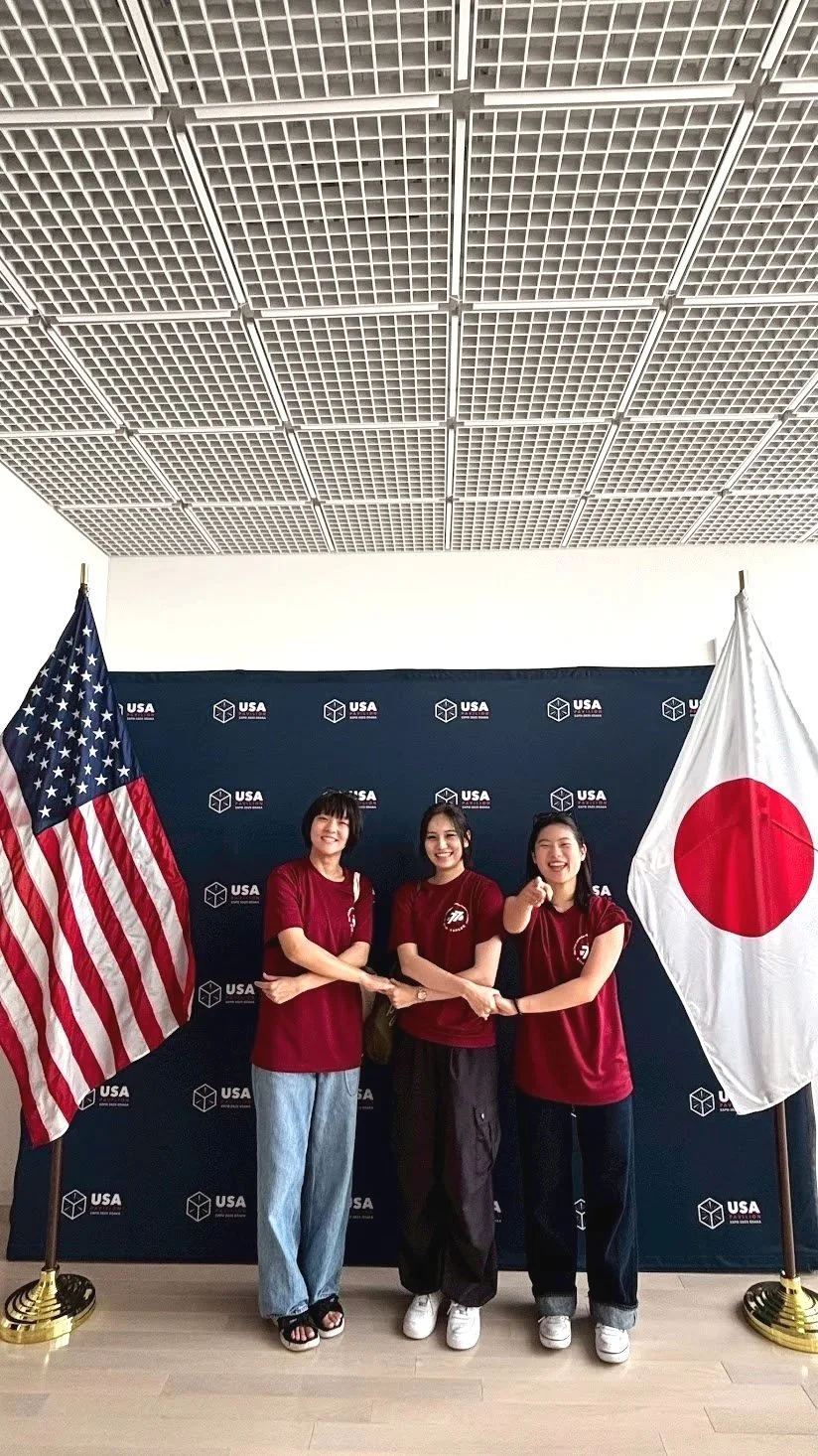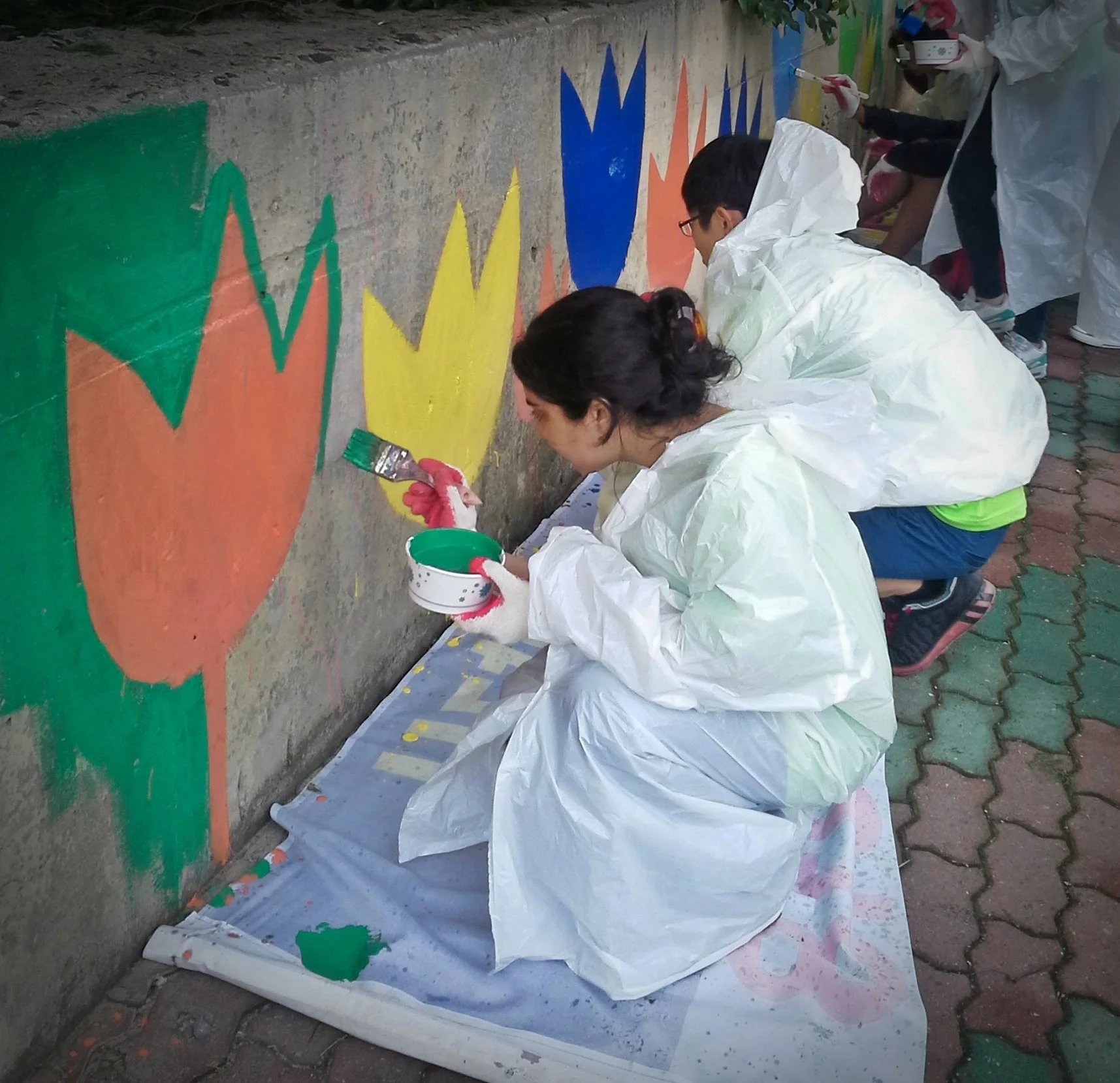International Student Conferences
Since 1934, ISC’s programs have united students across borders to spark bold discussions, build lifelong friendships, and pioneer solutions to the world’s most pressing challenges.
Our Conferences
From New York to Seoul to Tokyo to Beijing and beyond, ISC offers three flagship programs — each led by students, for students. Every conference is a chance to explore complex issues, experience a new culture, and join a global network of changemakers.
Japan-America Student Conference (JASC)
Korea-America Student Conference (KASC)
China-America Student Conference (ChASC)
Why We’re Different — The Student-Led Model
The Only Fully Student-Led International Exchange of Its Kind
ISC trusts students to identify the most urgent issues of our time — and lead the conversations that matter.
Our programs aren’t designed by staff in offices. They’re built from the ground up by elected Executive Committees of students from each participating country. These students choose the themes, invite speakers, and run every part of the program.
Because the agenda is student-set, participants have the freedom to innovate, ask bold questions, and test new ideas. This model builds leadership skills while fostering creativity, ownership, resilience, and lifelong networks that extend far beyond the conference.
90 Years of Building Global Connections
The Japan-America Student Conference (JASC) began in 1934, making it the world’s oldest student-led international exchange. In 1979, International Student Conferences, Inc. (ISC) was established to carry its mission forward.
From that first gathering in Tokyo to today’s global network of more than 6,000 alumni, our mission has remained the same: to build mutual understanding, friendship, and trust through student-led dialogue.
Our History
Invest in the Next Generation of Global Leaders
Your gift ensures students from all backgrounds can participate in ISC’s life-changing programs — gaining the skills, confidence, and networks to lead in a global context.
